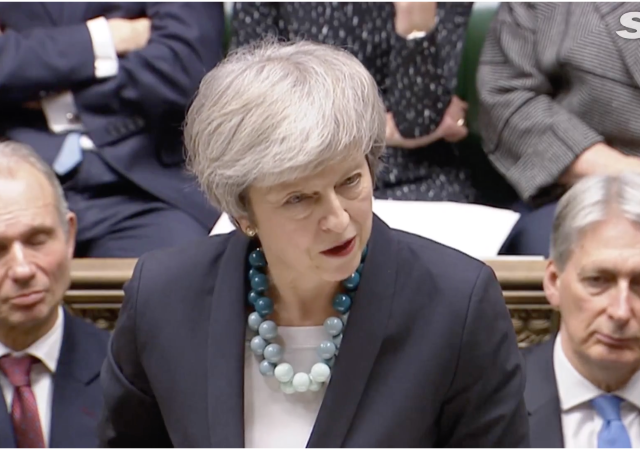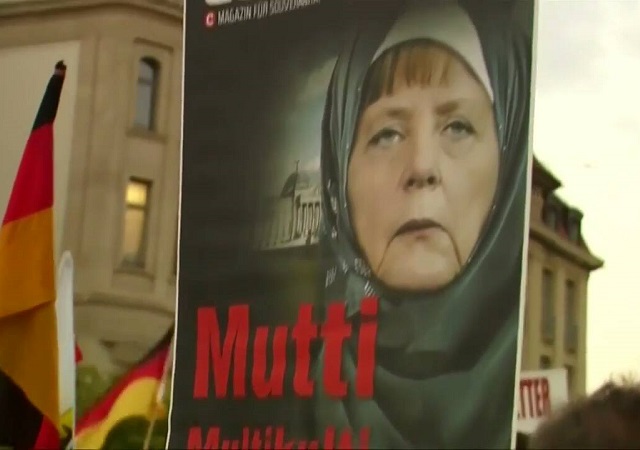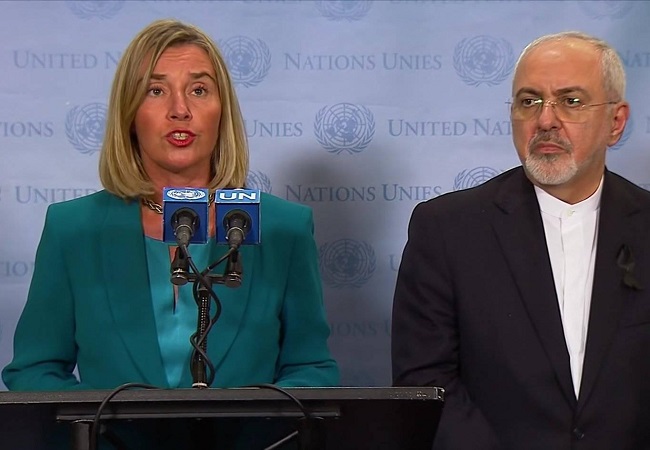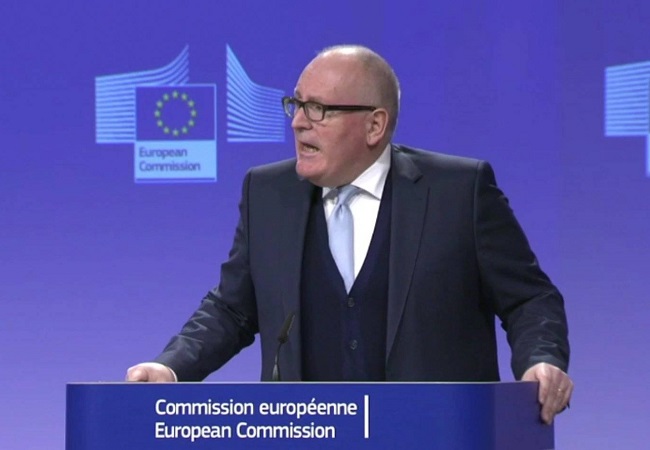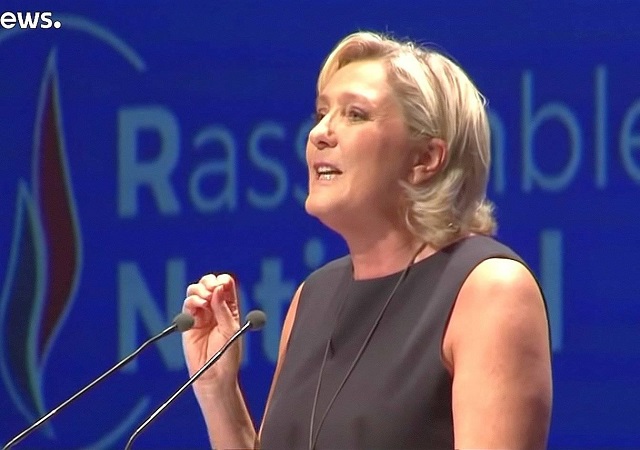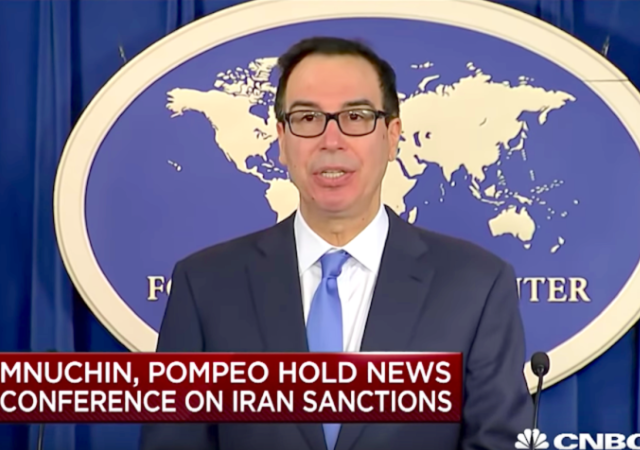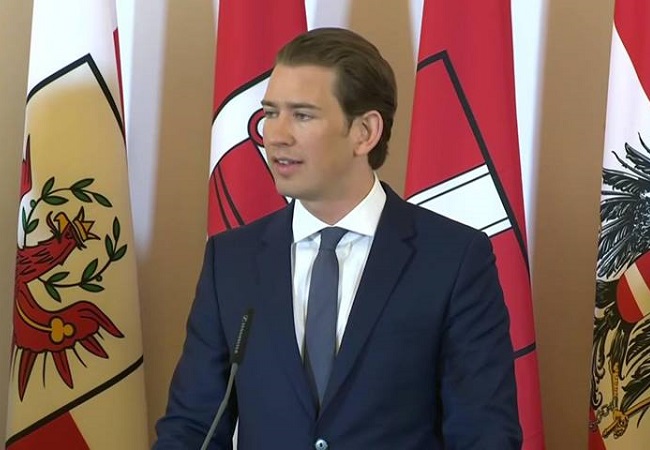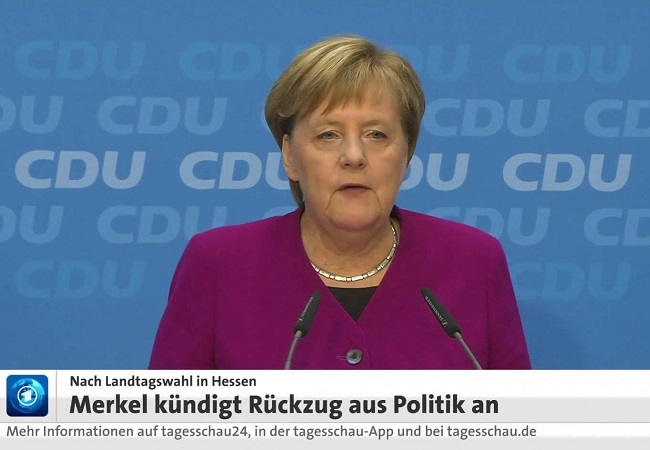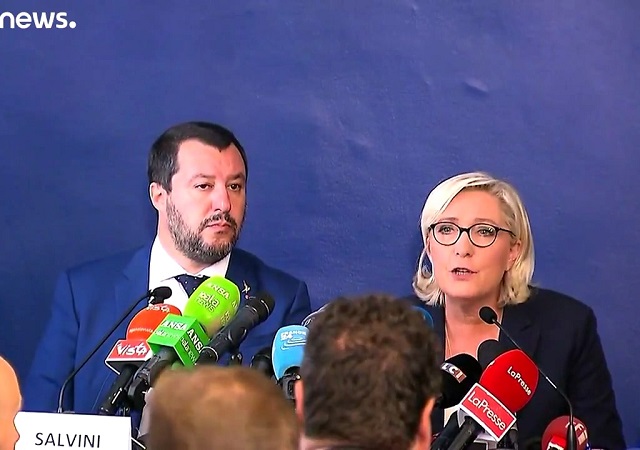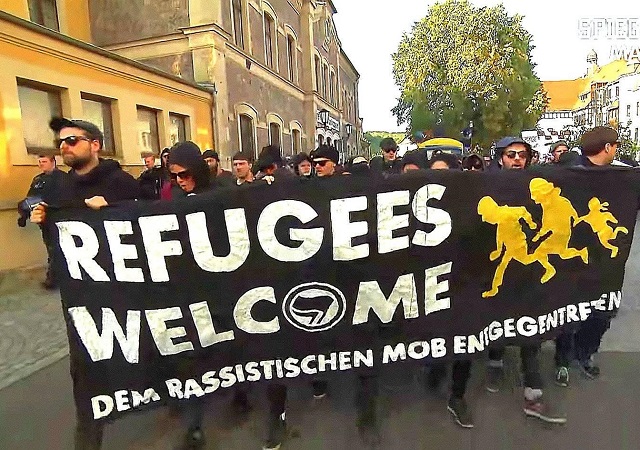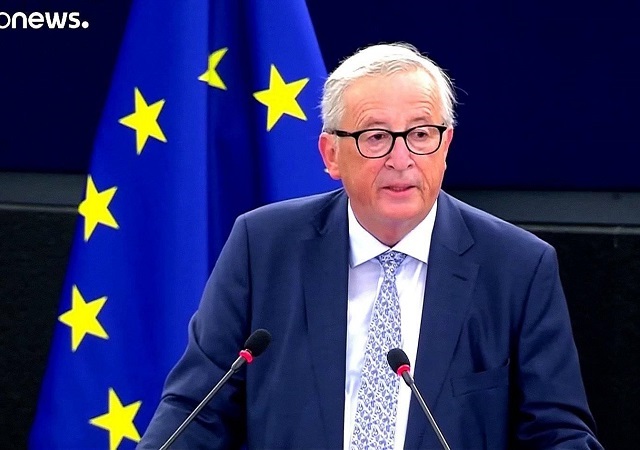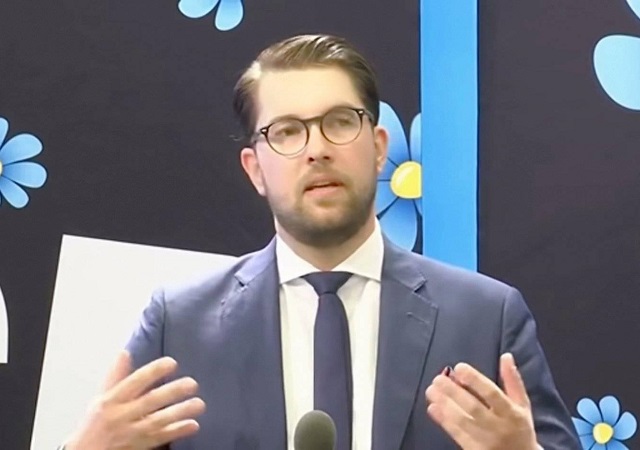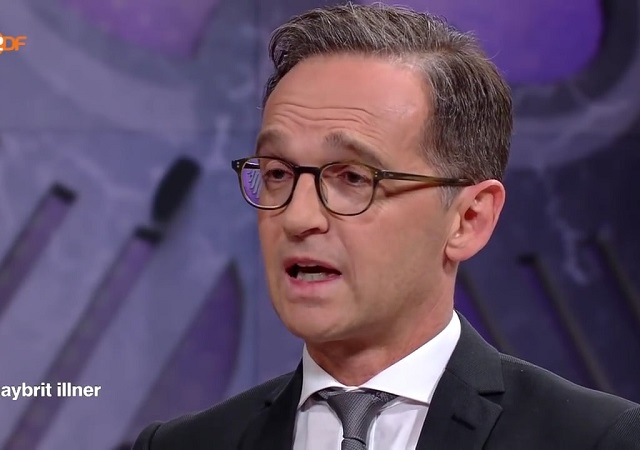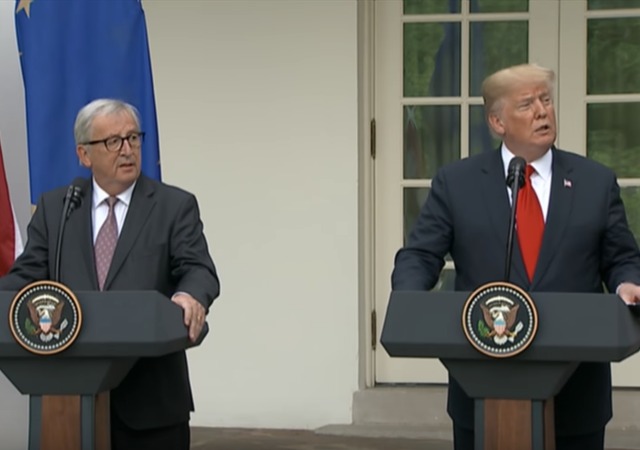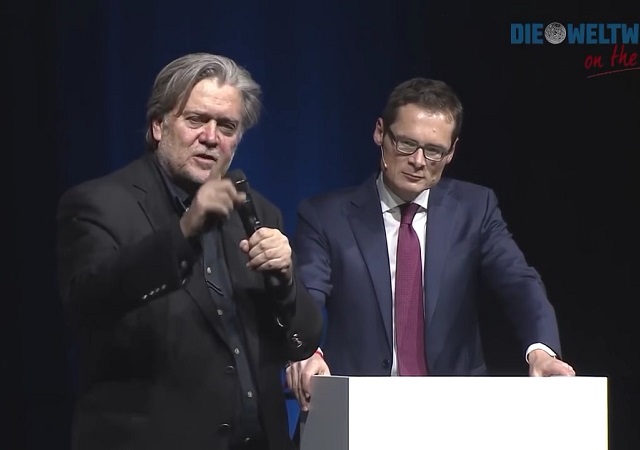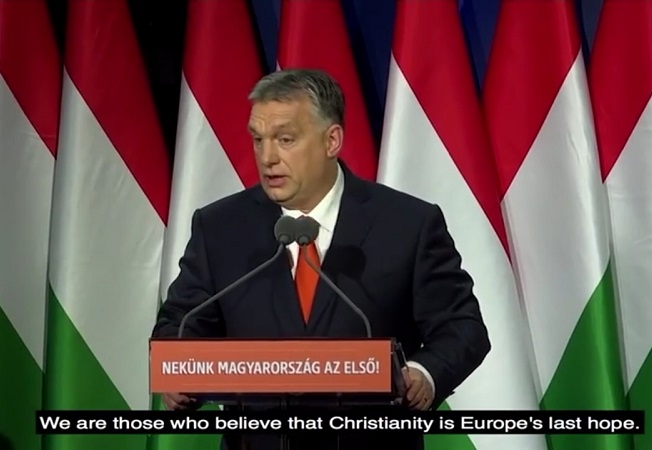Theresa May Cancels Crucial Vote on Brexit Deal In Face of Possible Defeat
on December 10, 2018
12 Comments
British Prime Minister Theresa May has told the House of Commons that she will defer the vote tomorrow for her Brexit deal after many within her own party wouldn't support her deal due to the backstop.
The Guardian reported that "the backstop is a device intended to ensure that there will not be a hard border between Northern Ireland and the Republic of Ireland, even if no formal deal can be reached on trade and security arrangements."

